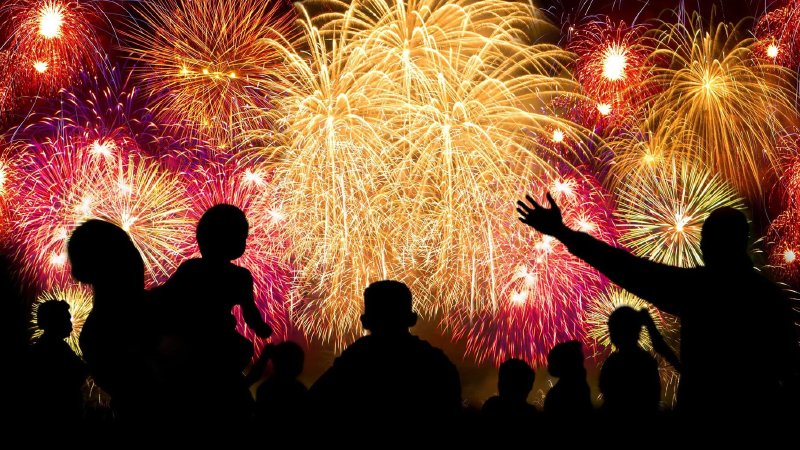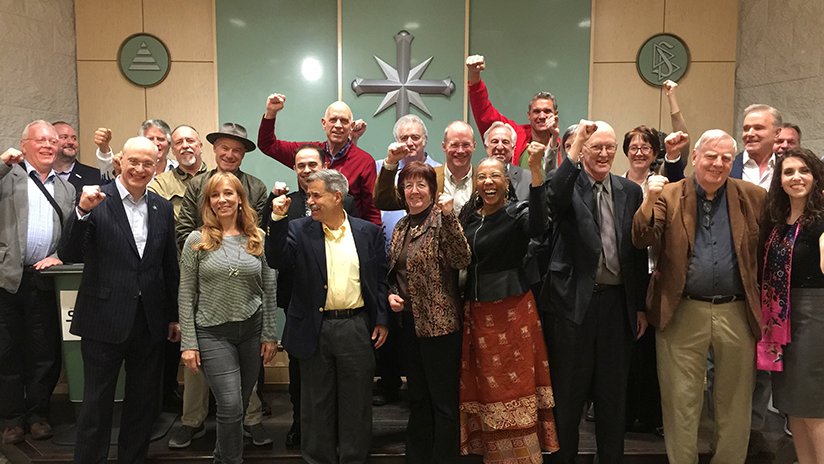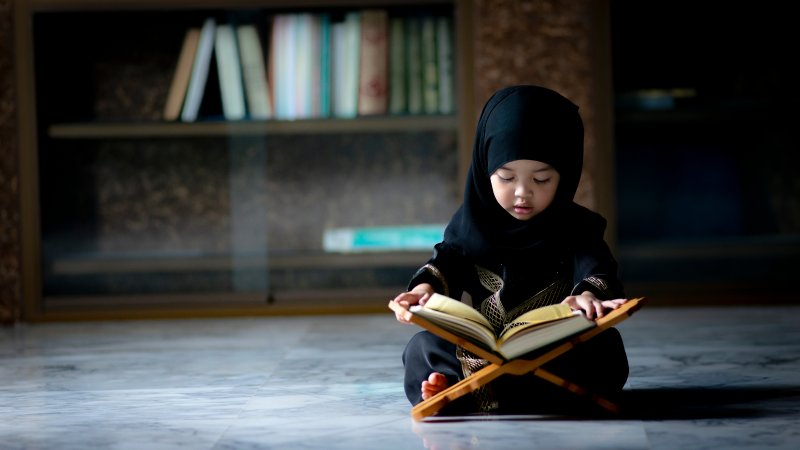
-
HOME
-
WHAT IS STANDOur Mission Our Values Our Help Contact
-
WHAT WE FIGHT FORReligious Freedom Religious Literacy Equality & Human Rights Inclusion & Respect Free Speech Responsible Journalism Corporate Accountability
-
RESOURCESExpert Studies Landmark Decisions White Papers FAQs David Miscavige Religious Freedom Resource Center Freedom of Religion & Human Rights Topic Index Priest-Penitent Privilege Islamophobia
-
HATE MONITORBiased Media Propagandists Hatemongers False Experts Hate Monitor Blog
-
NEWSROOMNews Media Watch Videos Blog
-
TAKE ACTIONCombat Hate & Discrimination Champion Freedom of Religion Demand Accountability
State Department Hosts Largest International Religious Freedom Event in History
According to the Pew Research Center’s annual study, the majority of the world’s population—83 percent—lives in a country with high levels of restrictions on one of their most basic human rights: freedom of religion.
To work toward a remedy, and bring together government and civil society representatives from across the political, religious and geographic spectrum to engage them on the problem and its solution, the State Department sponsored its second Ministerial to Advance Religious Freedom, running from July 15 to 19 in Washington, D.C.
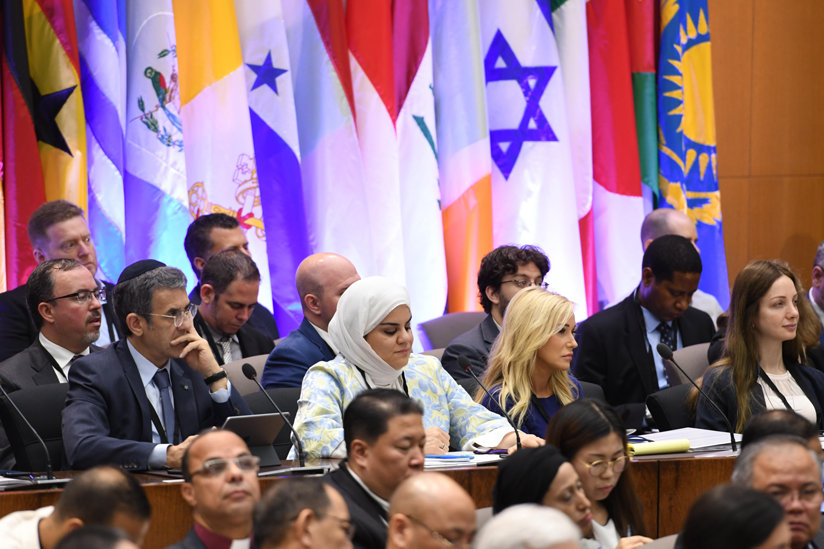
The event is attended by delegates from around the world and has been hailed by the International Religious Freedom (IRF) Roundtable as the largest international religious freedom event in history. It launched last night at the United States Holocaust Memorial Museum, where survivors of religious persecution shared their personal stories.
Today’s agenda at the State Department’s Harry S. Truman Building will focus on civil society’s role in protecting and guaranteeing religious freedom, while tomorrow’s will unite government and civil representatives for conversations about global trends in international religious freedom. Thursday, July 18, will see foreign delegations gathering to discuss intergovernmental partnerships and how these can advance the cause. Meetings are held in the Dean Acheson Auditorium.
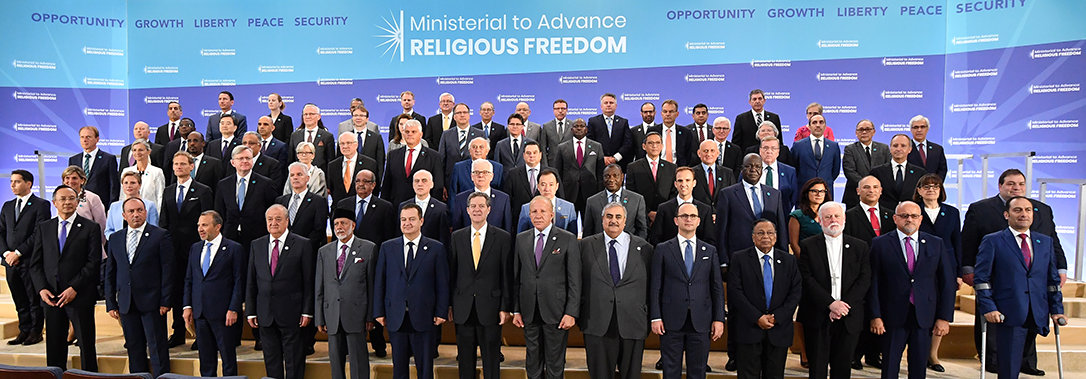
Throughout the five-day Ministerial, the IRF Roundtable will be supporting a series of side events across Washington, D.C., on subjects ranging from genocide in Nigeria to technology’s role in supporting oppression—each from its own quarter shining a light on the importance of religious freedom, Article 18 of the United Nationals Universal Declaration of Human Rights.
“We thank the State Department for giving religion and governments such an unprecedented open platform to think their thoughts through together, and shape the way forward on an issue so important to every man, woman, and child on this earth.”
Representatives of the Church of Scientology, which has worked for decades to protect and defend those around the world suppressed, threatened or imprisoned because of their beliefs, joined members of many faiths at the Ministerial to collaborate on effective solutions to the problem.
“STAND is proud to participate alongside officials of the Church of Scientology both in this historic Ministerial and the International Religious Freedom Roundtable, which has played a vital role in making this event possible,” said International STAND Director Edward Parkin.
“Since the founding of our Church, we have joined with other faith groups to promote tolerance and peace and end discrimination and religious persecution,” he added, “and we thank the State Department for giving religion and governments such an unprecedented open platform to think their thoughts through together, and shape the way forward on an issue so important to every man, woman, and child on this earth.”
The International Religious Freedom Roundtable, which began as quarterly sessions and now meets weekly on Capitol Hill, brings together representatives of 250 organizations and has launched more than 100 multi-faith initiatives over the last eight years. As an informal group of individuals from nongovernmental organizations, it has created a uniquely safe forum where these participants may speak freely, share ideas, and propose joint advocacy actions to address religious freedom problems across the globe.
Roundtable participants are regularly joined by senior staff members of the State Department, the U.S. Commission on International Religious Freedom, members of Congress and foreign embassies in their weekly meetings.
“The Roundtable is living proof of how effective we can be when religions come together to overcome discrimination and work toward greater freedom for all,” said Mr. Parkin.
“Open communication is the key to creating world peace and the Roundtable is an exceptional model for how to bring about that kind of true dialogue—bridging the gap between government and civil society, and making it clear to all why the ability to believe freely is, and must continue to be, both a fundamental human rights issue and a vital global priority.”
Click here to livestream the Ministerial. For more information on the International Religious Freedom Roundtable, visit www.irfroundtable.org.



